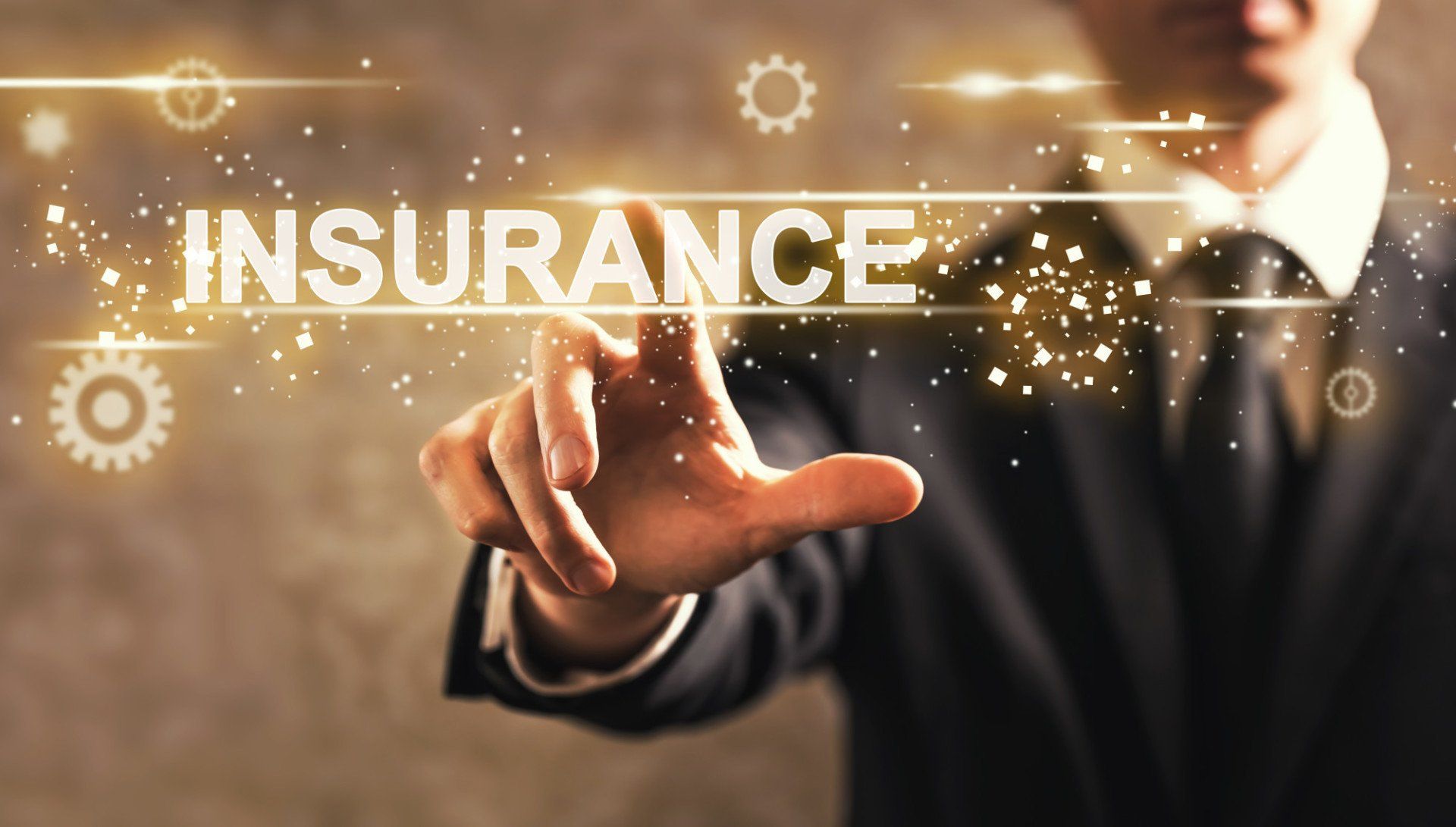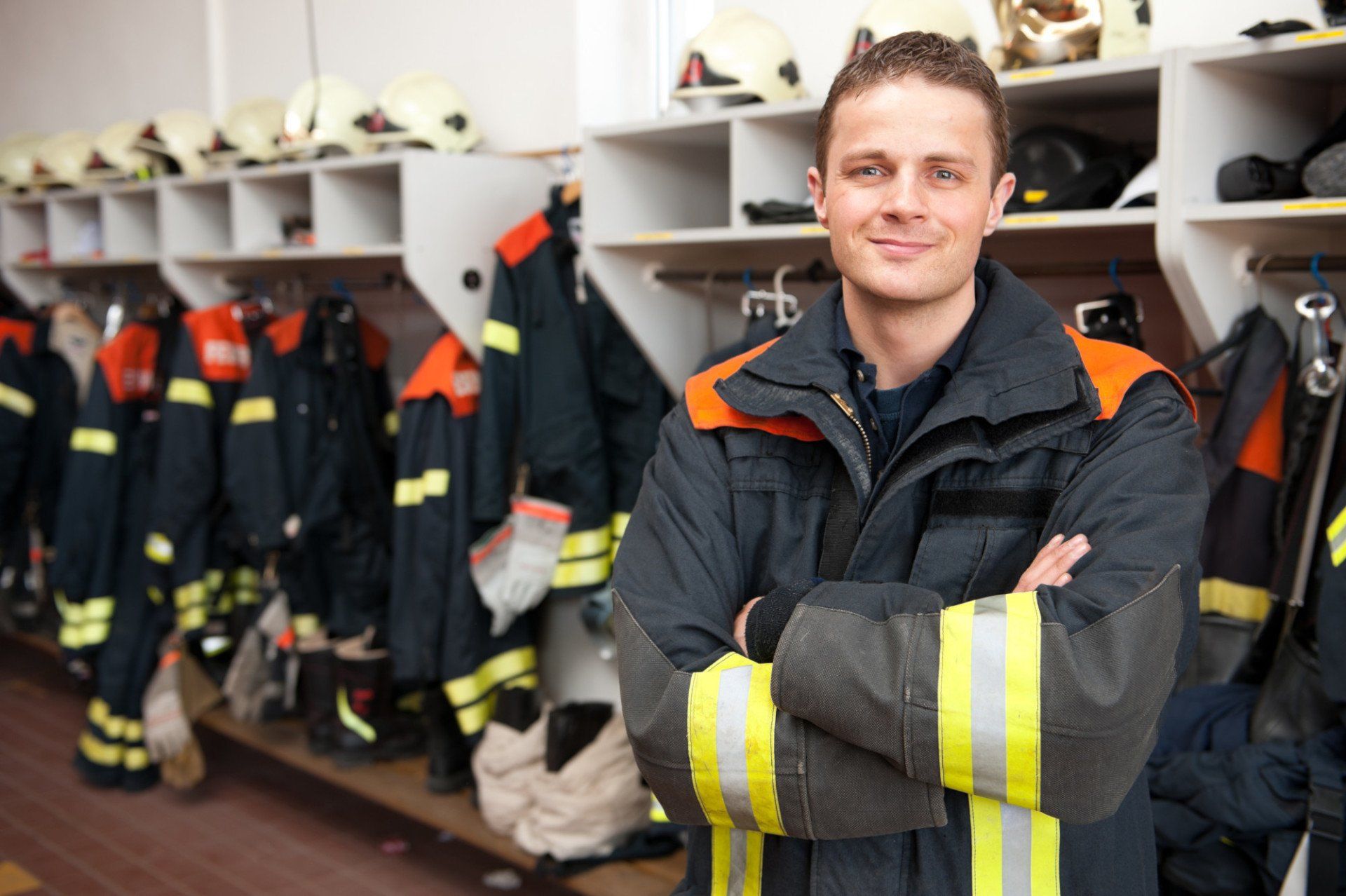As a petrol station owner, you’re no doubt more than aware of the importance of maintaining a safe and secure environment around the clock. The risks associated with petrol stations are considerably higher than most other retail premises.
With this in mind, a comprehensive insurance policy is essential in the case of fire, damage, theft, or third-party claims that can arise in the day to day operation of your petrol station.
Due to the complexities of the necessary coverage, it’s important to make sure that you’re fully in the know when it comes to sifting through the
petrol station insurance options available and finding the right one for you.
Why Suitable Cover Is Essential for Your Petrol Station
Getting the right insurance is a must for all business owners. Without appropriate cover, companies can quickly run into financial and even legal problems.
Running a petrol station means you have a fair few more risks than other businesses, and most insurance providers won’t be up to scratch on the industry.
Let’s start by stating the obvious, you’re storing large amounts of petrol. This means there’s an increased risk of fires, explosions and damage to the environment caused by spills.
Then there is the potential damage to vehicles caused by contaminated fuel. Damage to cars from contaminated fuel is every petrol station owner’s worse nightmare. You could have anywhere up to 30 vehicles affected before you are made aware of the contamination.
With a large number of vehicles manoeuvring around your forecourt 24/7, there is an increased chance of collisions. This might mean cosmetic damage to the forecourt or more serious incidents caused as a result of vehicles colliding with other vehicles.
Collisions with fuel pumps could prove to be life-threatening. There’s even the risk of damage caused when a complacent driver attempts (albeit unknowingly) to leave the forecourt with the nozzle still in the car. It happens!
Your members of staff and the general public are going to be interacting with fuels and other potentially hazardous chemicals. If they’re not handled correctly then the health and safety of your staff and customers are going to be at risk.
Alongside all of these industry-specific risks, you’ll need to be covered against more general risks such as the thefts of goods or money. Not to mention slips and trips suffered by employees and members of the public.
With all of this in mind, it is essential that you have suitable cover in place to protect you, your staff, your customers, your stock, the building and its contents should the worse happen.
Getting a Petrol Station Insurance Tailored to Meet Your Needs
Now that you’ve recognised your need for specific financial protection, you’re going to need to find a policy that meets your precise requirements.
Specialist insurance providers
offer packages that are tailored to meet your needs as a forecourt owner.
Whilst it is possible to get your forecourt protection directly from insurers, the complexities and risks involved with running a petrol station mean that it is highly recommended you approach a broker instead.
A broker will make it easier to identify the most suitable policies, ensuring that you don’t end up either under or over-insured. They can draw your attention to cover options that you might not have been previously aware of.
A comprehensive insurance package should include:
- public liability
- employees’ cover
- product liability
- building and contents cover
- cash and ATMs
- fuel leakage and contamination
- stock (both fuel and goods such as cigarettes, alcohol and confectionary)
- business interruption
- and more
A further advantage of using a broker is that it can streamline the process of making a claim. It’s in a broker’s interests to ensure that claims are paid out. Choosing a broker such as Forum Insurance over specific insurers can help keep stress to a minimum during what is already likely to be a difficult time.
What Information Do You Need to Provide to Receive an Accurate Quote
Because every forecourt works differently, you can get a head-start when trying to receive a quote by having a few pieces of information to hand.
In order to receive an accurate quote, you’ll need to be able to provide your potential broker with information such as:
- Size of premises
- Facilities
(any additional facilities such as car wash, tyre pressure testing, convenience store, coffee shop, banking, etc.)
- Stock levels
- Employee counts
- Risk Assessments
(documentation of all identified risks and already implemented precautionary measures)
A quick phone conversation with a broker will highlight the information they need, or alternatively, many brokers offer
online forms
when applying for a quote to get you started.
Go Get Your Quote
Today, fuel forecourts have become a multi-faceted retail operation with unique needs. The running of which can be an incredibly demanding task, so its no surprise that petrol station insurance can often be left towards the bottom of the to-do list.
Given the high risks of the industry this is rather contradictory, but altogether understandable. Hopefully by reading this guide on everything you need to know about petrol station insurance you will have a better understanding of the why, how and where.
If you are just starting out and looking for a comprehensive insurance policy for your forecourt or feel like its time to revise your existing insurance policy,
Forum Insurance
might be right for you.
With over 25 years of experience in this sector and a team of specialists ready to give you independent, professional advice. Don’t hesitate to contact their team right away and make sure you are covered in the unfortunate event that you have to make a claim.

